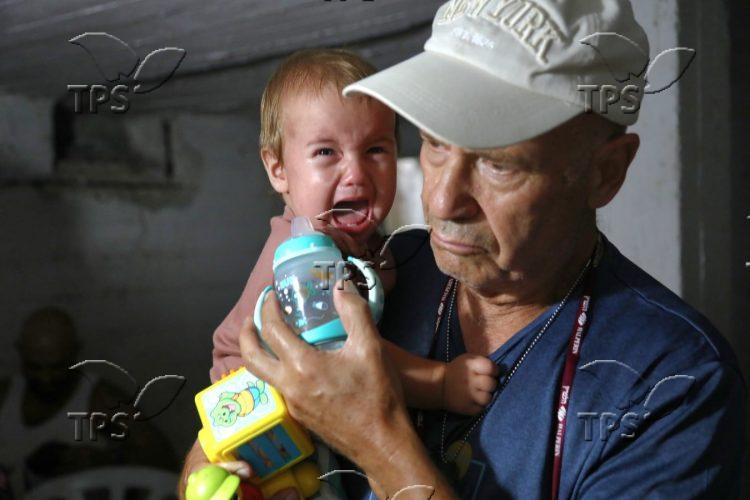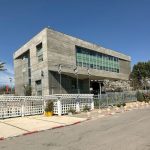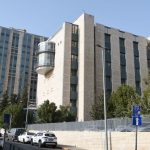Mother’s Calm in Crisis Linked to Lower PTSD Symptoms in Children, Researchers Say
Jerusalem, 28 October, 2024 (TPS-IL) -- An Israeli study of families living at varying distances from the Gaza Strip found that a mother’s ability to regulate her response to stressful and threatening situations can significantly reduce the likelihood of her children developing symptoms of post-traumatic stress disorder, researchers announced on Sunday.
PTSD is a mental health condition triggered by experiencing or witnessing a terrifying event. Symptoms may include flashbacks, nightmares, severe anxiety, and uncontrollable thoughts about the event. People with PTSD may avoid situations or things that remind them of the traumatic event, and they may have negative changes in beliefs and feelings. In children under the age of six, PTSD symptoms often manifest through play that reenacts the traumatic experience or through frightening dreams.
The study, led by Prof. Naama Atzaba-Poria of Ben-Gurion University of the Negev, explored the relationship between PTSD symptoms in families living in southern Israel and the mothers’ capacity to regulate and mediate their children’s experiences during times of crisis. The findings were recently published in the peer-reviewed Stress and Health journal.
“It seems that the mother’s ability to effectively monitor the relevant information in her environment and to inhibit more impulsive reactions, contributes to her ability to respond in a more reflective way, which sees her children’s needs and helps increase the sense of security, and thus she can create a safer place for them that promotes development,” Atzaba-Poria said.
“As a result, the children may feel more protected and, therefore, at a lower risk of developing PTSD symptoms,” she explained. “In the clinical aspect and in day-to-day work, these results may be useful in identifying the families that may need more support and assistance under a threat and a complex security situation.”
The study focused on families living at varying distances from the Gaza Strip, ranging from communities within 20 kilometers to those up to 40 kilometers away, all facing differing levels of exposure to security threats, such as rocket fire. Researchers surveyed 131 mothers and their firstborn children, aged 10-45 months, during the third trimester of pregnancy with a second child.
The participating families, mainly from cities like Beer-Sheva, Sderot, and Ashkelon, faced varying degrees of exposure to security threats.
To assess the impact of maternal behavior on child PTSD symptoms, the mothers completed computerized tasks measuring executive functions, including their ability to update working memory or inhibit responses irrelevant to the current situation. Additionally, they filled out online questionnaires designed to identify PTSD symptoms in both themselves and their children.
The results indicated a significant link between a mother’s ability to mediate threatening situations and a reduction in PTSD symptoms among children.
Specifically, mothers who effectively regulated their responses to threats were able to moderate the PTSD symptoms exhibited by their children. Prof. Atzaba-Poria explained that a mother’s ability to recognize and process pertinent information about the situation — for example, understanding a threat and swiftly taking her child to a safe area — enables her to mediate the event effectively for her child, while also regulating both her own and her child’s emotional responses.
Interventions focusing on strengthening parental self-regulation could be a vital strategy in preventing PTSD in children. This approach could be incorporated into clinical practices, especially for families living in conflict zones, ensuring that support is not just child-focused but includes empowering parents to better handle trauma.







